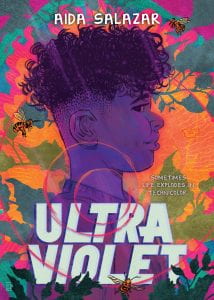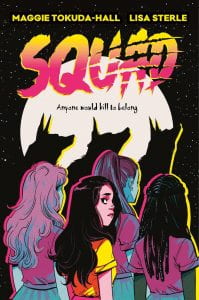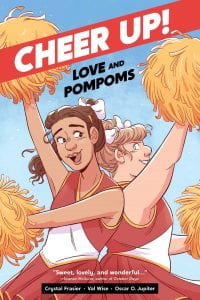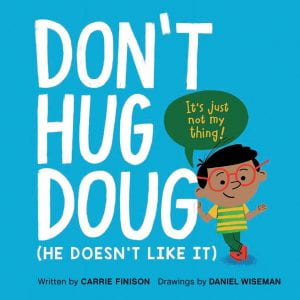 Salazar, Aida. Ultraviolet. Scholastic Press, 2024. 978-1-338-77565-5. 304 p. $18.99. Grades 6-8.
Salazar, Aida. Ultraviolet. Scholastic Press, 2024. 978-1-338-77565-5. 304 p. $18.99. Grades 6-8.
Eighth grader Elio Solis falls in love with fellow classmate Camelia, but Elio doesn’t know quite what to do with his burgeoning feelings…and his hormones. Coming from several generations of ‘machismo’ Latino men, Elio struggles to reconcile his new unregulated emotions with the need to be traditionally ‘masculine’: stoic and strong. Elio is kind and caring toward Camelia. He is the best new boyfriend he can possibly be. When Elio discovers Camelia has also started to text with a rival classmate, Chava, he seethes with anger and sorrow. Then, to make matters worse, Chava sends Elio bikini pictures of Camelia to further taunt him. Elio has a decision to make: will he fight Chava, make Camelia also feel the hurt he feels, or will Elio learn to forgive and move forward?
THOUGHTS: Ultraviolet is a fresh novel-in-verse examining the dangers of toxic masculinity, navigating romantic relationships, consent, and friendship. I truly empathize with Elio—first, with his feelings of bursting love, and later, with his angst. Salazar includes a number of timely and relevant teen topics without ever feeling didactic: lots of Elio’s thoughts are about physical changes associated with puberty, consent, social media, and gender. Yes: the words ‘cap’ and ‘rizz’ are also in there. The story is written from Elio’s sole perspective, which means we miss out on knowing exactly what Camelia is feeling except through her direct dialogue. However, standing (in discomfort) in Elio’s shoes with his conflicting feelings is quite effective. I can’t recall having read many other stories that cover these topics from a middle school cisgender boy’s perspective, and certainly not in this accessible verse format. Recommended for addition to middle school collections.
Realistic Fiction



